


Конкурс грантів на інформування громадян про можливості впливу на політичний процес
06.07.2017
ПРООН оголошує конкурс грантів з метою підвищення прозорості та відкритості Верховної Ради. Дедлайн - 28 липня 2017 р. (далі - англ.).
Since the Parliamentary Openness Action Plan was adopted, a large number of civil society organizations and donor programs have contributed to its implementation. Over this period of time, a lot of tools have been developed to monitor the activities of the Verkhovna Rada and to engage the citizens in the legislative process. In particular:
- Online platform for commenting on draft laws;
- Public procurement monitoring portal;
- DoZorro monitoring portal;
- Portal “They Vote for You” rada4you.org;
- Map of MPs’ and political parties’ offices;
- Map of electoral districts;
- Monitoring of MPs elected under the majoritarian electoral system;
- MPs’ profiles;
- “Rada Talking”: search across verbatim reports;
- Joint voting of parliamentary factions;
- Online tool for visualizing reports of political parties;
- Wall of Shame for MPs guilty of non-personal voting;
- Tool to visualize cooperation of MPs in the initiation of draft laws;
- List of heroes of anticorruption media investigations.
The goal of the grant and the anticipated results To implement para. 2.4 of the Parliamentary Openness Action Plan, “Raising public awareness of the activities of the parliament and its role in the institutional development of the state”, to share the information within a wide circle of active citizens outside the capital city, to instill in the citizens the sense of responsibility for their votes in the parliamentary election and of theтopportunities to influence the political processes in the period in between the election, theтfollowing actions with the following results are expected:
- Training materials on the following topics have been designed:
A) monitoring tender procedures and transparency of the expenditures of the Verkhovna
Rada.
B) work with open data and investigative journalism on their basis.
C) tools for citizens to engage with MPs after election and monitor their work.
D) the difference between “citizen’s petition” and “information request”; legal issues;
how to file a petition/request in order to be heard.
E) tools for participating in the legislative process: online commenting on draft laws,
committee hearings, committee meetings, influence through NGOs and MPs, etc.;
- Educational workshops have been conducted in the cities of Ukraine with the
participation of representatives of the VRU Secretariat, MPs, experts, journalists, and
representatives of civil society;
- In the follow-up of the workshops, the participants submitted information requests and
citizens’ petitions on the issues of interest; comments on the pending draft laws or those
under committee’s review are posted; materials on the basis of the information from the
open data portal, E-data or Prozorro are prepared and published.
- Panel discussions on political engagement have been held with students majoring in
socio-political studies at the local universities;
- Local media produced materials on ways to influence political process;
- The number of people using the VRU activity monitoring tools is increased.
II. Wide citizen engagement on the inclusive political process
Current situation
According to the results of public opinion research conducted in October 2016 by Rada for Europe at the request of the Verkhovna Rada, the Ukrainian Parliament is trusted by only 7% of the Ukrainian citizens. One of the reasons for this rating has been identified as citizens’ limited knowledge on the functions of the Verkhovna Rada and its MPs, and on how to engage with the VRU. Between May 2016 and March 2017, a working group including MPs, representatives of the VRU Secretariat, journalists, and representatives of civil society developed a draft VRU communication strategy, which aims to establish a system of coordinated and effective use of VRU communication capabilities to raise the level of public trust and to ensure that theьparliament is perceived as an effective legislative body.The goal of the grant and the anticipated results
To implement para. 2.6 of the Parliamentary Openness Action Plan “Development and implementation of the parliamentary media strategy”, the following actions with the following results are anticipated:
- Number of messages have been developed and used as the basis for posters and short videos. The messages aim to draw public attention to the ways in which they can engage with the VRU in between elections, including functions of MPs, ways of interaction with MPs, mandates of MPs and local authorities, importance of the requirement for reporting on the implementation of the election program, tools for easy access to information on the activities of the Verkhovna Rada;
- Social advertising campaign is developed and implemented to distribute the messages;
- A series of trainings have been conducted for regional journalists on the tools forprocessing the parliamentary information and participating in the committee meetings;
- Publication of thematic articles in regional media (at least 5). The granting process will comply with the procedures and regulations of United Nations
Development Programme.
The current Call for Proposals opens on July 4, 2017. The deadline for submitting proposals is July 28, 2017. The deadline can be extended if insufficient acceptable proposals are received in any of the activities within the 2 lot areas.
2. SCOPE OF THE FUNDING
The maximum total funds available in seed grants is €100,000, and the maximum amount available for a single grant is €20,000. The grant shall cover up to 90% project cost. Not less than 10% of the project cost is to be provided by the contribution of the grant beneficiary. This contribution may be financial and inkind (for example, wages of employees, work of volunteers, office expenses, etc.). The maximum duration of each project is 7 months.
3. ELIGIBILITY CRITERIA
Organizations eligible to receive funding through this Call for Proposals under any or both of the Lots must meet the following criteria:
(a) Eligible organizations
о Have a status of a non-governmental public or charitable organization officially registered in Ukraine;
о Have a proven record of at least 1 year of active operation in the area of citizen engagement in democratic processes;
о Have a proven record of relevant project implementation and reporting;
о Have appropriate experts engaged in project implementation;
о Have a well-established and sound financial management system capable of properly managing and accounting for grant funds.
Proposals from organizations that do not pass the eligibility criteria will not be considered.
(b) Eligible costs
Eligible costsmust:
о be necessary for carrying out the project activities;
о have actually been Incurred by the applicant during the implementation period;
о comply with the principles of sound financial management, in particular value for money and cost-effectiveness;
о be properly recorded, identifiable and verifiable, and be backed by original supporting documents.
Grants may only be used to cover the following costs:
о staff salaries and expert fees;
о goods and services necessary for project activities;
о communication and information services;
о purchase of consultative services provided that these are essential to project goals and
objectives;
о renting, Catering, and otherservices envisaged by the project activities;
о printing and copying;
о communication costs;
о consumables and supplies;
о travel costs(provided that travel complies with internal UNDP and European Union regulations);
The following costs are ineligible:
о costs of project proposal preparation;
о debts;
о currency exchange losses;
о international travel.
4. APPLICATION PROCESS
In order to be accepted for review process, applications must include the full package of documents as stated in the CfP, and be submitted in the form and on the time described further in the CfP. UNDP will determine eligibility of applications, and will prepare the eligible applications for review and evaluation by the Grant Appraisal Committee (GAC).
The CfPs will be advertised through the web sites of UNDP Ukraine (www.undp.org.ua). Applications (project proposals) must be submitted in the Ukrainian language.
The application package shall consist of:
1. The completedApplication form (filled out on a computer as Microsoft Word file) clearly stating the
Lot and proposed activity within that Lot in which the application is proposing to carry out work;
2. Copy of the Statute of the applicant organization (PDF);
3. Copy of State registration certificate (PDF);
4. Annual report
5. Banking details (PDF);
6. CVs of proposed specialists for project implementation (Microsoft Word or PDF).
Completed application forms shall be submitted electronically to UNDP Ukraine at the specified electronic address by the deadline provided.
5. EVALUATION OF PROJECT PROPOSALS
(a) Grant Appraisal Committee
To ensure full transparency and equity of the process, a Grant Appraisal Committee (GAC) will be established that will select and approve the grant projects. The Grant Appraisal Committee is an authorized body in charge of the review, selection and approval of submitted grant project proposals.
The Grant Appraisal Committee shall have the following tasks:
1. Review and appraisal of grant project proposals;
2. Recommend project proposals forfunding or rejection of project proposals.
GAC members will include UNDP and VRU representatives, and external recognized experts in the
subject area. The Grant Appraisal Committee may decide to request independent expert opinion during the grant project selection process. UNDP will be responsible for establishing GAC and assuring the organization of Its meetings
(c) Evaluation criteria
о Quality and responsiveness of the project proposal to the priorities and objectives broad themes highlighted in the CfP;
о Comprehensive approach to problem solving;
о Experience of carrying out actions envisaged by the project;
о Feasibility of the project, availability of clear implementation plan, clarity of expected results;
о Sustainability of the proposed interventions
о Adequacy of budget, availability of co-funding.
(d) Additional conditions
о Project proposals submitted after the deadline will not be considered;
о Materials submitted to the call for proposals are not returned and reviewed;
о The participant are notified abort results of the competition by a letter;
о Final decision with regard to project or application is not subject to review;
о The reasons of rejection of the project proposal are not explained.
6. REPORTING, MONITORING AND EVALUATION OF GRANT PROJECTS
(a) Monitoring & evaluation, frameworks of project implementation
The Grantee is responsible for monitoring project implementation and evaluating the result. UNDP will monitor the project through Grantee reports, meetings with project personnel and stakeholders, and participation in project events.
(a) Reporting
The Grantee shall submit the following reports according to UNDP format:
о Interim reports, Including description of activities, result, and agreed monitoring indicators, as well as financial reports (to be specified in the relevant Contract);
о Brief reports on demand occasionally requested by UNDP in cases when information on
project implementation is required in between reporting periods;
оA Completion report, including a summary of activities and results as well as financial report for total duration of a contract.
7. FINANCING
The Grantee will receive an advance instalment for planned activities within the frameworks of grant agreement. The amount of advance and subsequent instalments will be established in the grant agreement, on an individual basis based on the total amount of grant, kind of activity, etc. Subsequent instalments will be transferred after interim reports of the grantees are received and approved.
8. ACCESS AND FINANCIAL CHECKS
Grantees shall ensure that UNDP may exercise the right to conduct desk reviews and on-the-spot checks on the use made of the grant. Further, the European Commission, OLAF European Anti-Fraud Office - European Commission, the European Court of Auditors and any authorized representatives of the European Union may exercise their rights to conduct desk reviews and on-the-spot checks on the use made of the EU contribution, as defined in Article 17 of the PAGODA General Conditions.
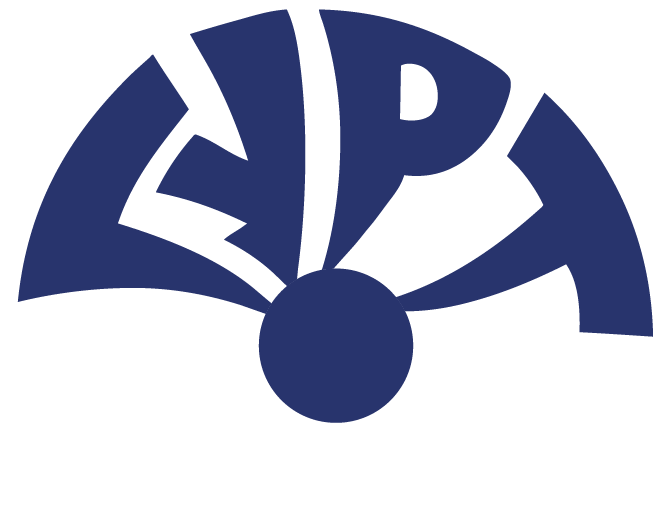

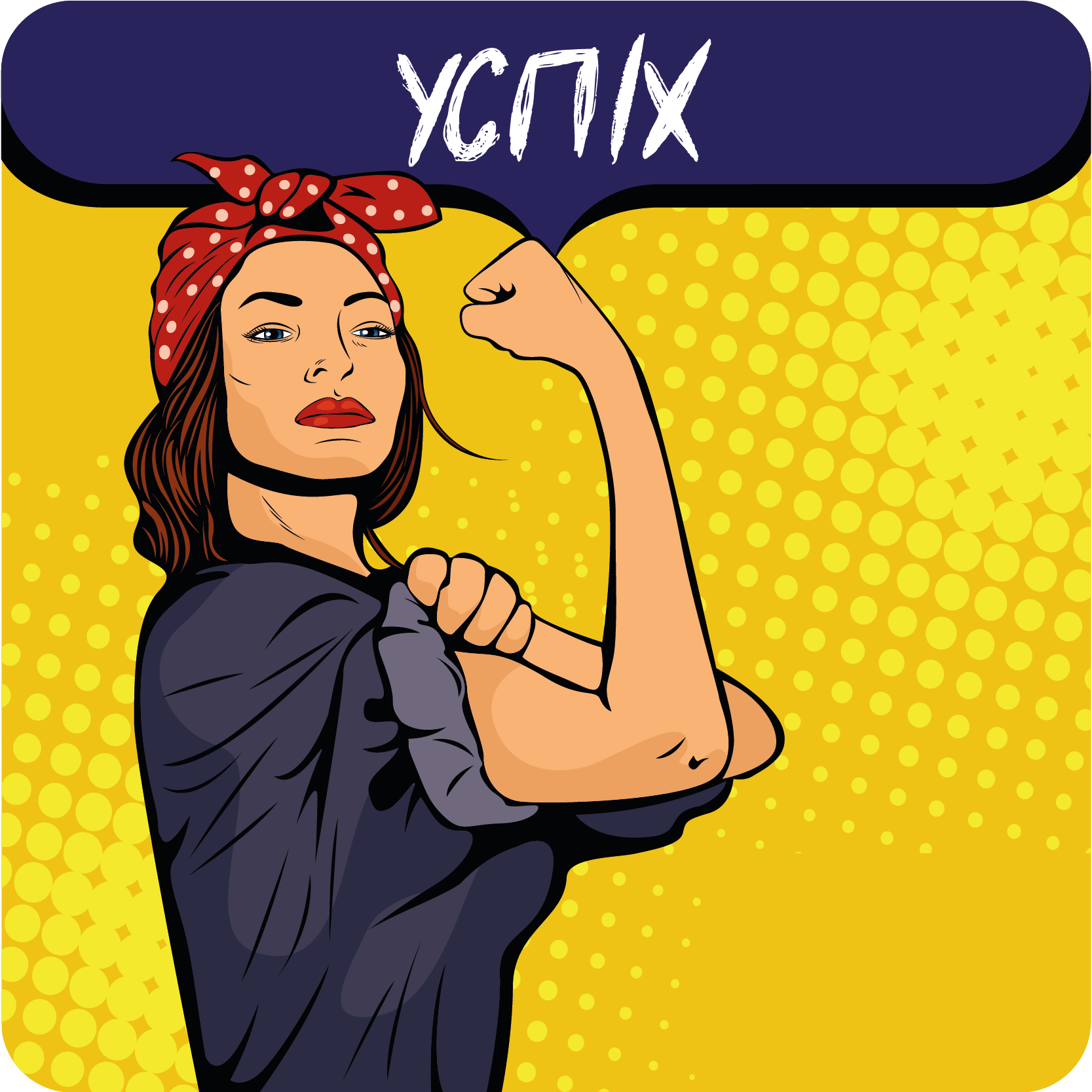
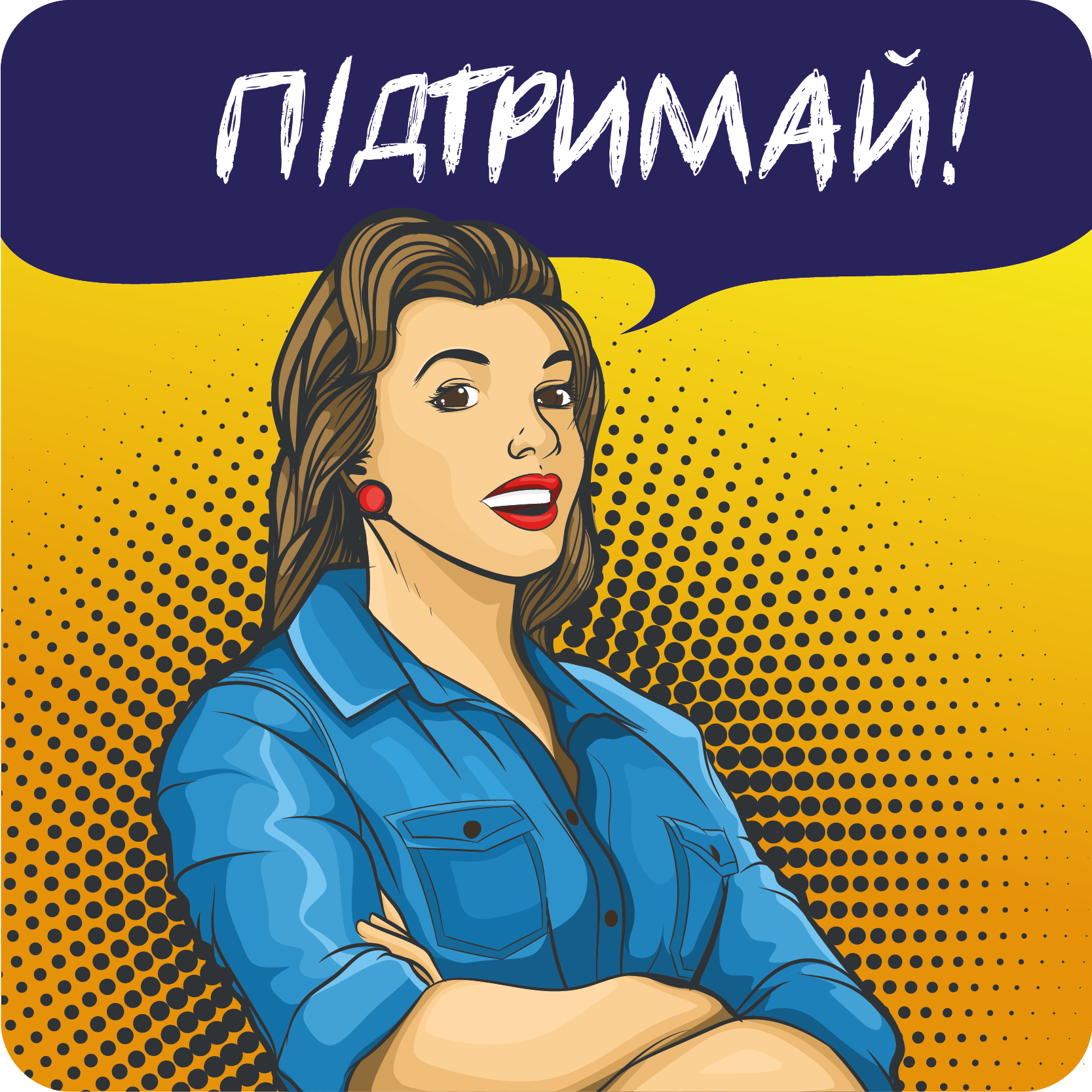


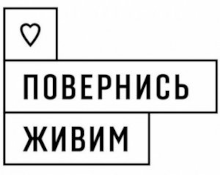
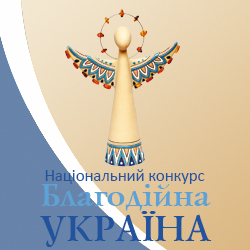
Коментарі